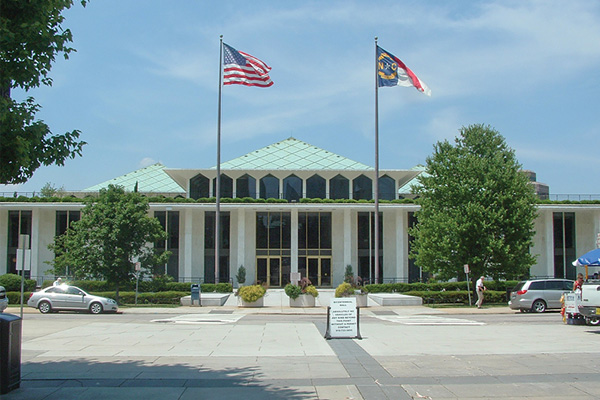It’s budget season and the North Carolina State Senate released its budget proposal on Monday, May 15.
Greensboro’s recommended budget will be presented by City Manager Tai Jaiyeoba on Tuesday, May 16 and the Guilford County budget will be presented on Thursday, May 18.
Budget season means budget negotiations none of those three budget is expected to pass as presented.
The state Senate budget differs significantly from the state House budget. Although the two chambers had previously agreed on the total budget of $29.8 billion, how they chose to spend that money is different.
The state Senate is expected to pass its budget proposal and the House is expected to reject it. Then negotiations to develop a budget that can pass both chambers begins. Once the legislature passes a state budget, it is sent to Gov. Roy Cooper who can sign it, veto it or do neither and the budget would become law after 10 days without his signature. Cooper, however, is expected to sign the budget since it includes Medicaid expansion something he has been pushing for ever since he was elected to his first term in 2016.
Since the Republicans took over the legislature over a decade ago, they have been cutting taxes and this budget continues that process. According to the press release from the state Senate, the two year budget cuts taxes by $1.2 billion for individuals and businesses.
The proposed Senate budget reduces personal income tax to 4.5 percent in 2024 and 2.49 percent by 2030.
Education spending is always a controversial issue in the state budget and the Senate budget spends over $17.2 billion on education in fiscal year 2023-2024 and $17.6 billion in 2024-2025.
Teachers will receive an average pay increase of 4.5 percent in the two year budget and starting teacher pay will be increased by 11 percent over that same period.
The Opportunity Scholarship Grant Fund Reserve is increased by $105 million in 2023-2024 and $163 million in 2024-2025.
The Senate budget gives state employees a 5 percent salary increase over the two years covered in the budget.


Surpluses and tax cuts. How does that work, Skip?